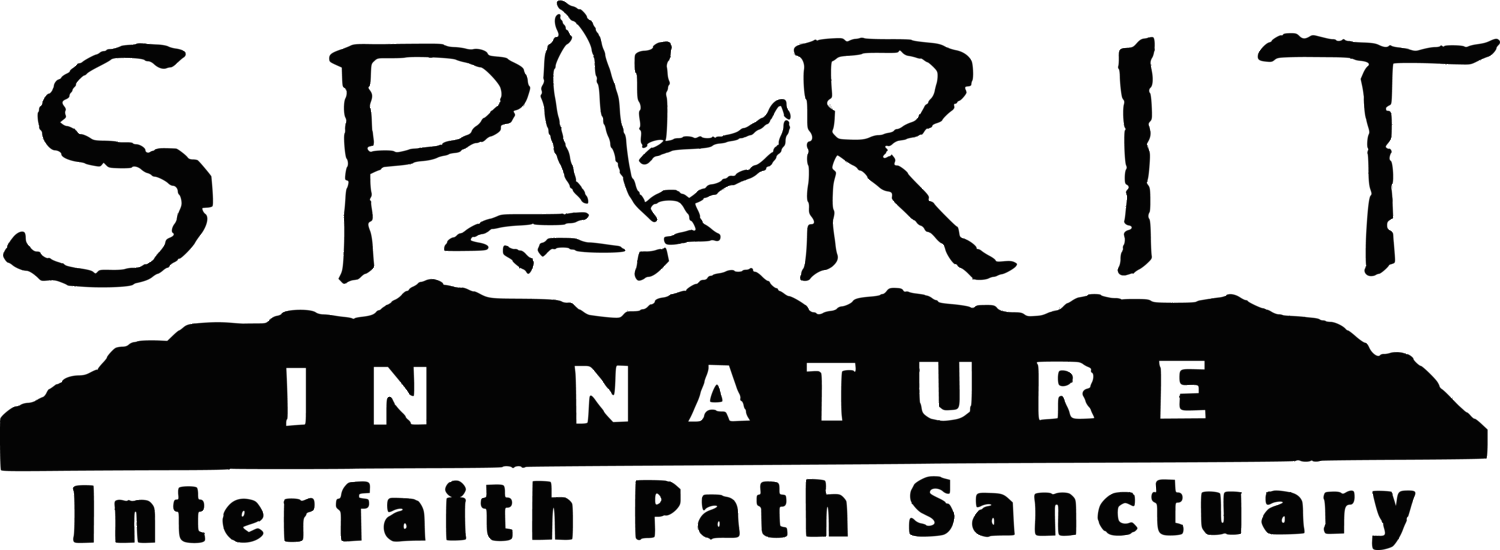From the Druid Path: A Nature-Based Take on the World and Our Place in It
Ron Slabaugh, Pres., SpIN Board
Falter, by Bill McKibben
“A writer doesn't owe a reader hope--the only obligation is honesty--but I want those who pick up this volume to know that its author lives in a state of engagement, not despair. If I didn’t, I wouldn’t have bothered writing what follows.” Bill McKibben, from “An Opening Note on Hope,” which takes the place of a preface or forward to his new book, Falter.
I’m only half way through the book but see a number of possible posts inspired by Falter already! The quote above is the final paragraph of “An Opening Note on Hope” and raises an issue that I’ve been pondering for some time now: How to fully face the situation on the ol’ home planet and not be immobilized with despair and depression. In many ways Bill’s new book deals with this issue. Lots of very alarming facts and a positive suggestion: “engagement.”
Huge amounts of data, lots of sentences and partial sentences, all in quotes, and taken directly from studies, talks, etc., always with a chapter note number identifying the source. (20 pages of chapter notes).
I have, in the time of my pondering, come down on the side of facing the facts and then dealing with my relationship to reality, as best as I can, as a spiritual practice. (One of the Bodhisattva vows that I, on occasion, repeat at the Breadloaf Mountain Zen Community in Cornwall, Vermont goes: “Reality is boundless, I vow to accept it.”)
I struggle with the most effective way to engage, and would like this blog to be one of the ways. (Only one of Bill’s modes of engagement is his writing).
Up to date info on climate change is only one of the themes in Falter. Others include: income inequality, technology, what it is to be human, something he calls “leverage” (more about that later), and more.
Stay tuned.
